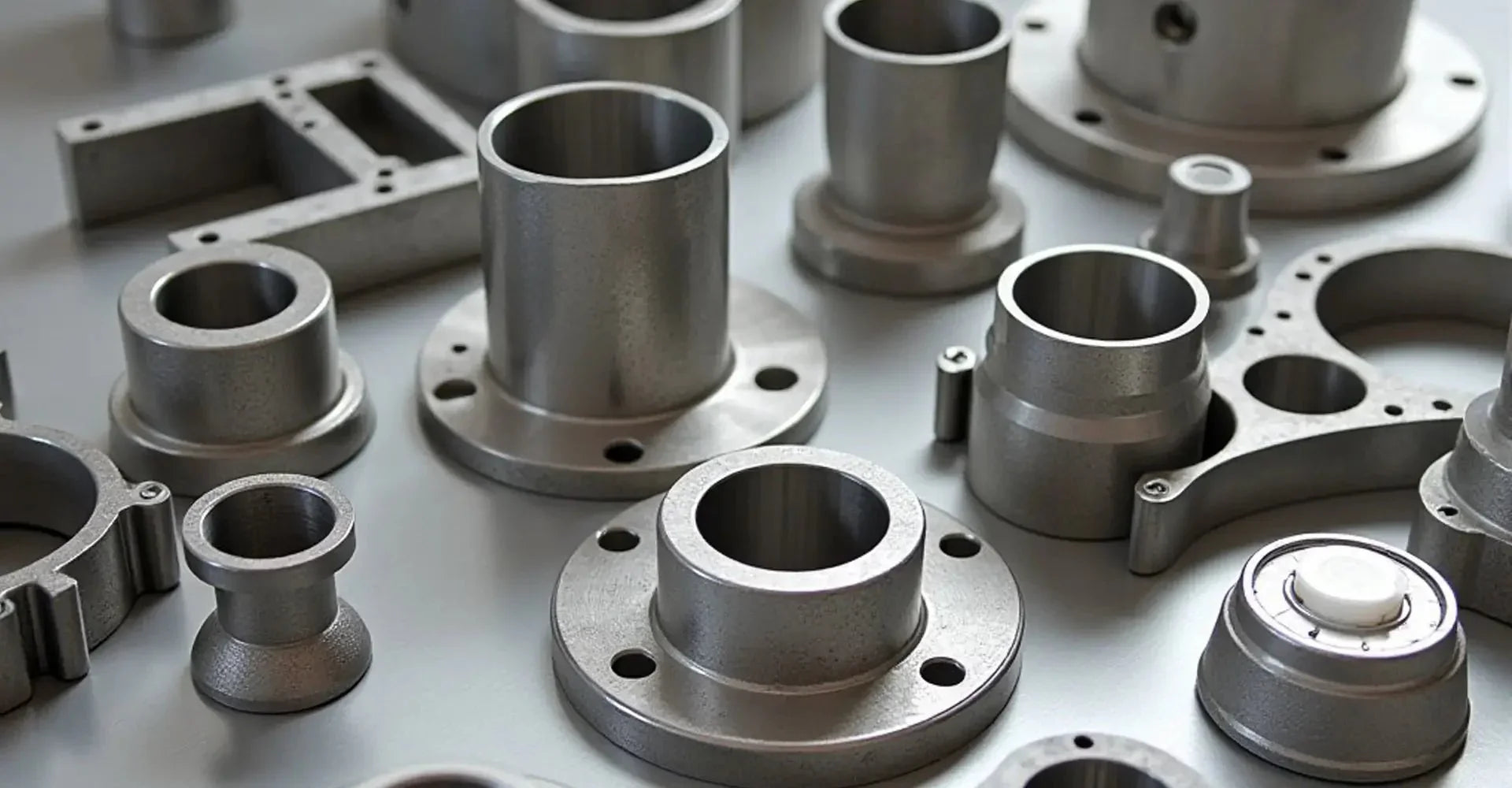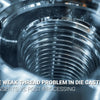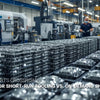What Are The Best Die Casting Materials For Your Manufacturing Project?

What Are The Best Die Casting Materials For Your Manufacturing Project?

In today's competitive manufacturing landscape, selecting the right die casting material can make or break your project's success. As a crucial decision in the die casting process, understanding material properties and their applications has never been more important for engineers and manufacturers alike.
With the global die casting market projected to reach $112.9 billion by 2030, growing at a CAGR of 7.2%, choosing the optimal material isn't just about technical specifications - it's about gaining a competitive edge in a rapidly evolving industry.
Let's explore the world of die casting materials to help you make an informed decision that aligns with your project requirements, budget constraints, and quality standards.
[Table of Contents]
- What Makes Die Casting Materials Critical For Manufacturing Success?
- Which Are The Most Common Die Casting Materials In Modern Manufacturing?
- How Do Different Die Casting Materials Compare In Performance?
- What Are The Key Applications For Each Die Casting Material?
What Makes Die Casting Materials Critical For Manufacturing Success?
The foundation of any successful die casting project lies in selecting the right material. Die casting materials directly influence product performance, durability, cost-effectiveness, and manufacturing efficiency. Each material brings its unique set of properties, making it crucial to understand their characteristics and applications.
Recent industry data shows that material selection can impact production costs by up to 40% and affect product lifecycle by 30-50%. This significant influence on both manufacturing economics and product performance makes material selection a critical decision point.
Which Are The Most Common Die Casting Materials In Modern Manufacturing?
When it comes to die casting materials, four main categories dominate the industry. Each has carved out its niche based on specific properties and applications.
Aluminum alloys lead the pack, accounting for 60% of all die casting applications. Their popularity stems from an excellent balance of lightweight properties and strength, making them ideal for automotive components and structural parts.

The rise of magnesium alloys has been particularly noteworthy, with applications growing by 15% annually. Their ultra-lightweight properties and superior strength-to-weight ratio make them increasingly popular in aerospace and high-performance automotive applications.
How Do Different Die Casting Materials Compare In Performance?
Understanding the performance characteristics of different die casting materials is crucial for making the right choice. Let's dive deeper into how these materials stack up against each other:
Aluminum Alloys:
- Strength-to-weight ratio: 150-400 MPa
- Corrosion resistance: Excellent
- Cost efficiency: Moderate
- Temperature resistance: Up to 200°C
These properties make aluminum alloys particularly suitable for both mechanical and electronics manufacturing applications.

What Are The Key Applications For Each Die Casting Material?
The versatility of die casting materials has led to their adoption across various industries. Understanding these applications can help inform your material selection process.
Automotive sector leads consumption at 34% of total die casting production, followed by electronics at 28%, and industrial equipment at 21%. Each industry leverages specific material properties to meet their unique requirements.
Conclusion: Making The Right Choice For Your Die Casting Project
Selecting the optimal die casting material requires careful consideration of multiple factors including:
- Technical requirements
- Cost constraints
- Production volume
- Environmental conditions
- Regulatory requirements
By understanding these factors and the properties of available materials, you can make an informed decision that ensures your manufacturing project's success.
[External Links Recommendation]





